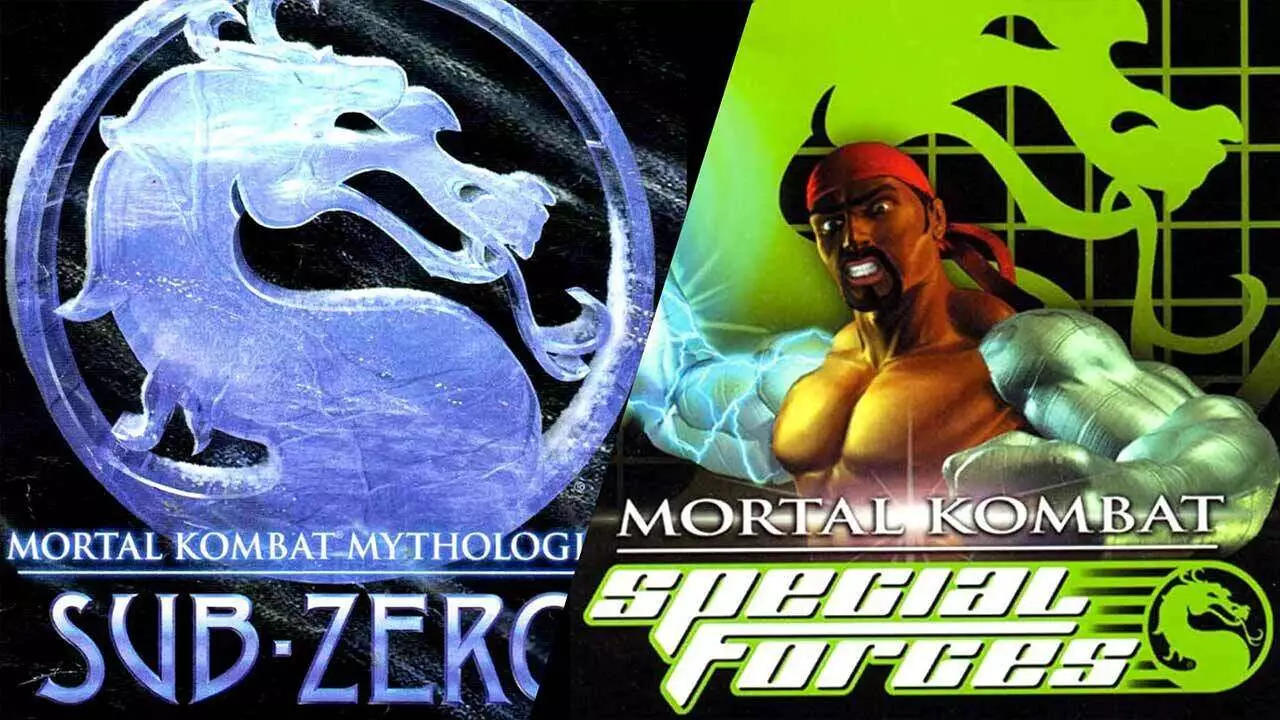The announcement of the Mortal Kombat: Legacy Kollection marks a pivotal moment for fans and newcomers alike. This collection is not merely a nostalgic trip but a strategic revitalization of a storied franchise that has defined fighting games for over three decades. By including titles once thought lost to time—particularly the PlayStation-era spin-offs Mortal Kombat Mythologies: Sub-Zero and Mortal Kombat Special Forces—Digital Eclipse demonstrates a profound respect for the franchise’s history. These games, often regarded as its missteps, are now experiencing a renaissance, offering a chance for a fresh generation to engage with the full breadth of Mortal Kombat’s evolution.
This collection is not just about preservation; it signals an active effort to enhance, refine, and make accessible underappreciated chapters of Mortal Kombat’s legacy. The strategic choice to overhaul these titles with features like rewind, on-screen move lists, and Trainer Modes reveals a commitment to modern gaming standards. Instead of allowing these classic, often frustrating titles to fade into obscurity, Digital Eclipse embraces them, transforming disappointment into opportunity. This is a testament to the power of heroism in game preservation—showing that even the most challenging or flawed entries deserve acknowledgment and a second chance.
Technological Marvels and Hidden Gems: The Inclusion of WaveNet MK3
Beyond the reissue of relatively obscure titles, the inclusion of the WaveNet edition of Ultimate Mortal Kombat 3 elevates this collection to a new level. This version, originally crafted to support Midway’s cutting-edge WaveNet online matchmaking for arcades, is a technological marvel from a bygone era. Its significance transcends its age—it represents a pioneering step towards online arcade gameplay that was ahead of its time. The fact that it featured Noob Saibot as a playable character—long before his mainstream popularity—adds to its mystique.
The restoration and inclusion of such a version serve as a reminder that Mortal Kombat’s innovations were not just about brutal fatalities or flashy graphics but also about pushing technical boundaries. Experts like Stephanie Brownback have highlighted how this edition was a testament to Midway’s forward-thinking approach. Its presumed loss and recent rediscovery underscore how fragile video game history can be, making its preservation even more vital. For enthusiasts, it’s an exciting glimpse into the technological ambitions behind the franchise’s development, showcasing how early efforts laid groundwork for today’s online gaming.
The Cultural Impact of Mortal Kombat’s Forgotten Chapters
Mortal Kombat Mythologies: Sub-Zero and Mortal Kombat Special Forces often attract criticism, but their inclusion in this collection challenges us to rethink their place in franchise history. Mythologies, with its clunky controls and unforgiving platforming, epitomizes the frustration often associated with early attempts to evolve the fighting game formula into a more narrative-driven experience. Yet, beneath its flaws lies an ambitious attempt to deepen character lore and experimental gameplay mechanics, such as the skill-tree system and live-action cutscenes reminiscent of the iconic film.
Special Forces, marred by its tumultuous development, offers insight into internal struggles at Midway during a critical transitional period. Despite its shortcomings, its preservation is essential for understanding the franchise’s creative ebbs and flows. It reflects the risks the developers took, often resulting in products that were divisive but undeniably part of the Mortal Kombat tapestry. Digital Eclipse’s commitment to these titles highlights an appreciation for the entire saga—warts and all—and suggests that there is value in understanding a franchise’s darker, more experimental side.
The Future of Mortal Kombat and Its Enduring Legacy
The upcoming release of the Legacy Kollection signifies more than a mere compilation; it’s a bold statement that Mortal Kombat’s legacy is worth defending, studying, and celebrating. With a lineup including groundbreaking arcade hits, niche spin-offs, and experimental editions, the collection forms a comprehensive timeline of the franchise’s evolution. The timing of this release, alongside the cinematic return of Mortal Kombat 2 slated for October, exemplifies a strategic cross-media resurgence.
This collection signals a cultural and technological rebirth for the franchise, anchoring its past in the present and future gaming landscape. It’s an acknowledgment that Mortal Kombat is not just about its infamous fatalities but also about innovation, storytelling, and technological ambition. Digital Eclipse’s meticulous work ensures that each title, regardless of its reception, will find a place in modern gaming’s ecosystem—crafted with care, enhanced with modern features, and ready to inspire both veteran fans and newcomers.
The Mortal Kombat Legacy Kollection is more than a remaster; it is a testament to resilience and the enduring power of franchise history, proving that even the most unsung chapters can be reborn in spectacular fashion.

